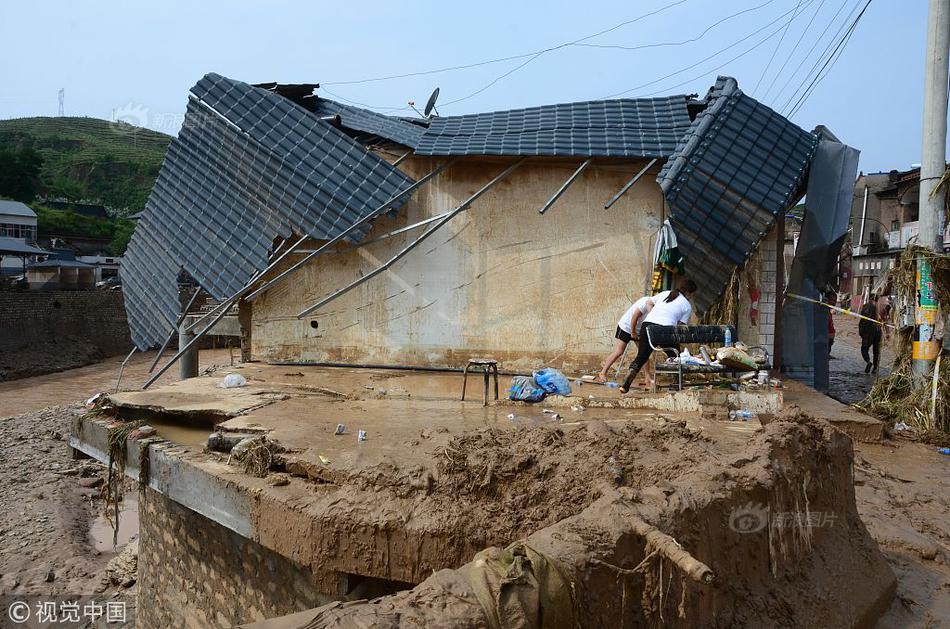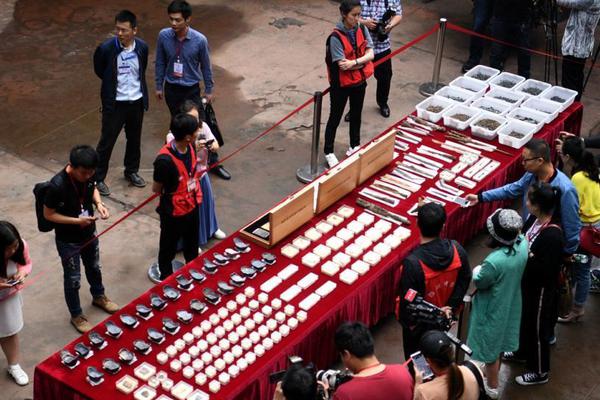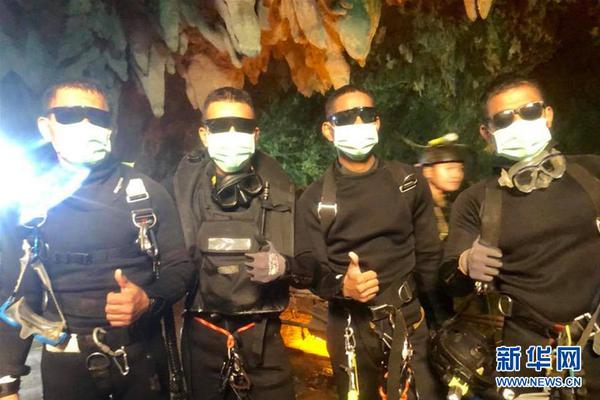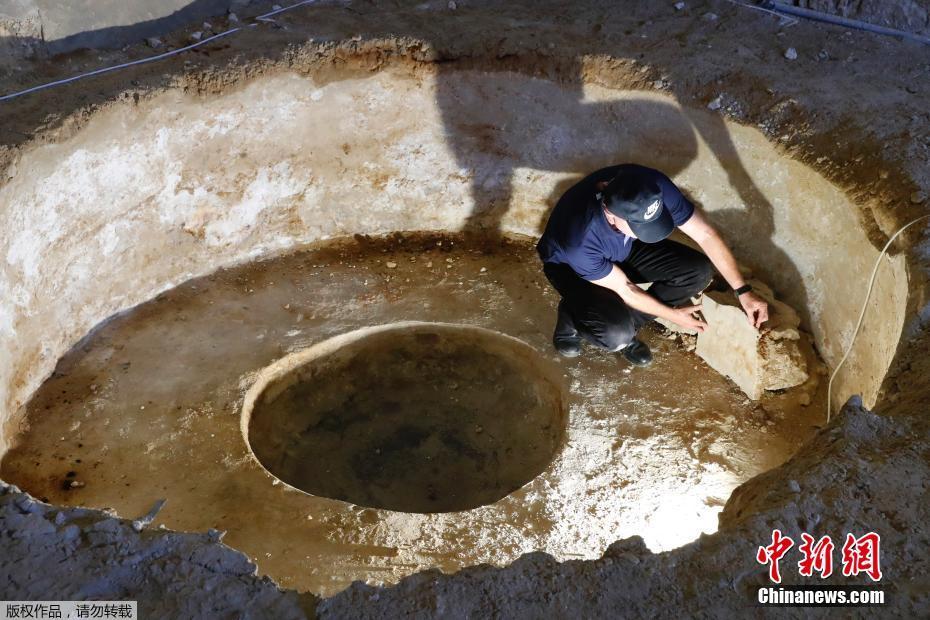A UK company sold surveillance tools to authoritarian governments that could Watch Good Boys Use Condoms (1998)be used to stamp out signs of dissent.
BAE Systems, according to an investigation conducted by the BBC and the Danish newspaper Dagbladet Information, began shopping surveillance tools to governments in the Middle East after they bought a Danish company called ETI, which built a surveillance system known as "Evident."
That purchase happened in January 2011, around the same time of popular uprisings in several Middle Eastern nations that came to be collectively known as the "Arab Spring."
SEE ALSO: The NSA's massive surveillance operation is now just a little less massiveThe system is reportedly designed to determine a target's location via cellphone data, recognize voices, track a person's internet activity, and crack encrypted messages, all on a giant scale.
The governments of Algeria, Morocco, Oman, Qatar, Saudi Arabia, and the United Arab Emirates have all reportedly bought the system, though a telling bit of information came from a Tunisian intelligence official quoted by the BBC.
Under former President Ben Ali -- ousted in January 2011 -- the Tunisian government used the system to track anyone it viewed as an enemy. The intelligence official described to the BBC what amounts to a giant search system.
Type in the name of someone the government doesn't like, and a list of their social media handles, websites, and other bits of information pops up. From there, the government can follow a person's online activity across platforms.
BAE Systems is not alone among British technology companies who sell surveillance equipment to foreign governments, according to Motherboard. They, along with others such as CellXion, Cobham, ComsTrac, and Domo Tactical Communications, have sold governments a device known as "stingrays."
Stingrays, which are also used by law enforcement in the United States, act as fake cellphone towers to capture cell data.
All of this technology allows oppressive governments to spy on their citizens, but it may also allow officials from those countries to gather information on conversations happening in the UK. These governments, of course, have embassies in the UK, and it wouldn't be hard for officials to set up surveillance at those embassies and let the technology do what it's supposed to.
Oh the irony.
Topics Cybersecurity Privacy
(Editor: {typename type="name"/})
 Bargaining For the Common Good
Bargaining For the Common Good
 There's evidence that Doomfist may be coming to 'Overwatch' in August
There's evidence that Doomfist may be coming to 'Overwatch' in August
 Super NES Classic is real and it's out in September
Super NES Classic is real and it's out in September
 Mets fan proves you should either hold your baby or catch a foul ball — not both
Mets fan proves you should either hold your baby or catch a foul ball — not both
The best day to book your flight, according to Google
 Flying is expensive, and people are always looking for hacks to get a good deal. Luckily for those p
...[Details]
Flying is expensive, and people are always looking for hacks to get a good deal. Luckily for those p
...[Details]
 On this day 20 years ago, Harry Potter and the Philosopher’s Stone-- the first of seven spell-
...[Details]
On this day 20 years ago, Harry Potter and the Philosopher’s Stone-- the first of seven spell-
...[Details]
Here are all the tweets Donald Trump has deleted since becoming president
 Donald Trump has a Twitter problem. In addition to his penchant for delivering surreal, stream-of-co
...[Details]
Donald Trump has a Twitter problem. In addition to his penchant for delivering surreal, stream-of-co
...[Details]
J.K. Rowling shares beautiful tweet to mark 20
 If you've been anywhere near the internet this morning, you'll probably have been caught up in the s
...[Details]
If you've been anywhere near the internet this morning, you'll probably have been caught up in the s
...[Details]
NYT mini crossword answers for May 9, 2025
 The Mini is a bite-sized version of The New York Times' revered daily crossword. While the crossword
...[Details]
The Mini is a bite-sized version of The New York Times' revered daily crossword. While the crossword
...[Details]
Someone actually created a live feed of Trump's tweets as artwork for his living room
 Think you've had enough of @realDonaldTrump? Try stepping into your living room and having a live fe
...[Details]
Think you've had enough of @realDonaldTrump? Try stepping into your living room and having a live fe
...[Details]
Watch your raw memories become mind
 Imagine if you could turn your memories and emotions into compelling, abstract paintings. It's basic
...[Details]
Imagine if you could turn your memories and emotions into compelling, abstract paintings. It's basic
...[Details]
17 queer artists you need to follow on Instagram right now
 It's Pride Month, and millions are celebrating the LGBTQ community by participating in Pride Marches
...[Details]
It's Pride Month, and millions are celebrating the LGBTQ community by participating in Pride Marches
...[Details]
Stablecoin bill advances in U.S. Senate as Trump critics call to end his crypto dealings
 The crypto industry is celebrating this week as a controversial stablecoin bill dubbed the GENIUS Ac
...[Details]
The crypto industry is celebrating this week as a controversial stablecoin bill dubbed the GENIUS Ac
...[Details]
'Anonymous' falsely claims NASA is about to say it found aliens
 The shadowy hacker collective Anonymous believes that NASA is about to announce that it has discover
...[Details]
The shadowy hacker collective Anonymous believes that NASA is about to announce that it has discover
...[Details]
NYT Connections hints and answers for May 10: Tips to solve 'Connections' #699.

Panasonic's deodorizing hanger lets you skip laundry day

接受PR>=1、BR>=1,流量相当,内容相关类链接。